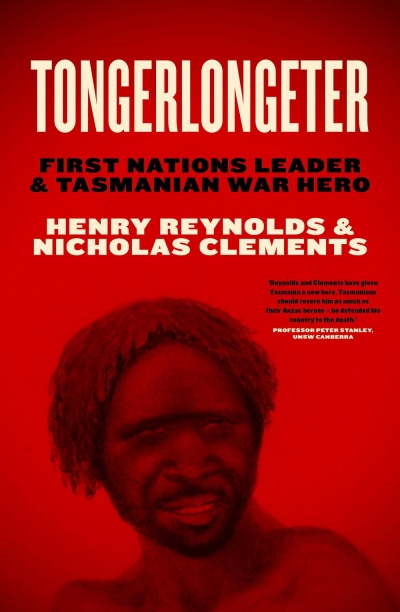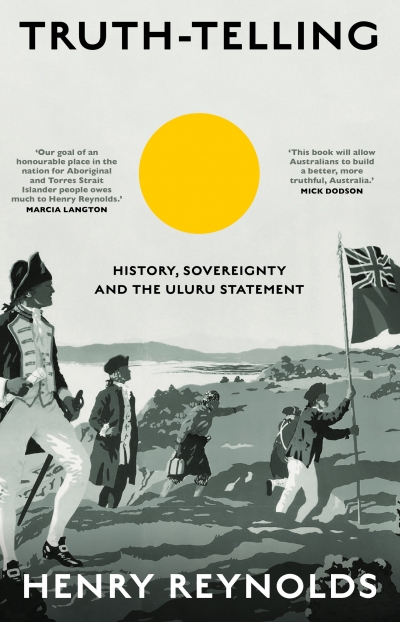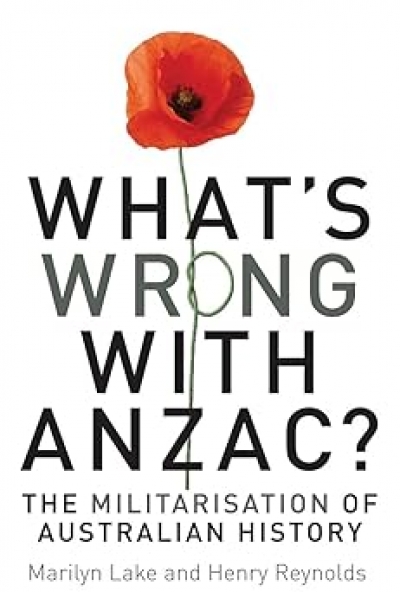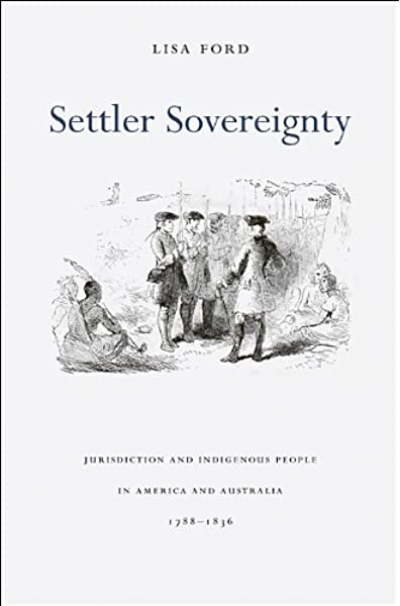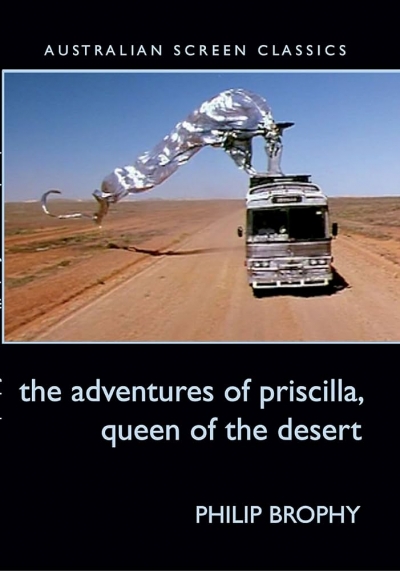Henry Reynolds
Tongerlongeter: First Nations leader and Tasmanian war hero by Henry Reynolds and Nicholas Clements
by Libby Connors •
Truth-telling: History, sovereignty and the Uluru Statement by Henry Reynolds
by Sarah Maddison •
Fate of a Free People: A radical re-examination of the Tasmanian wars by Henry Reynolds
by John Bryson •
What’s wrong with Anzac? The militarisation of Australian history by Marilyn Lake and Henry Reynolds (with Mark McKenna and Joy Damousi)
by Robin Prior •
Settler Sovereignty: Jurisdiction and indigenous people in America and Australia, 1788–1836 by Lisa Ford
by Henry Reynolds •
The Adventures of Priscilla, Queen of the Desert by Philip Brophy & The Chant of Jimmie Blacksmith by Henry Reynolds
by Brian McFarlane •
Drawing the Global Colour line: White men’s countries and the question of racial equality by Marilyn Lake and Henry Reynolds
by Warwick Anderson •

